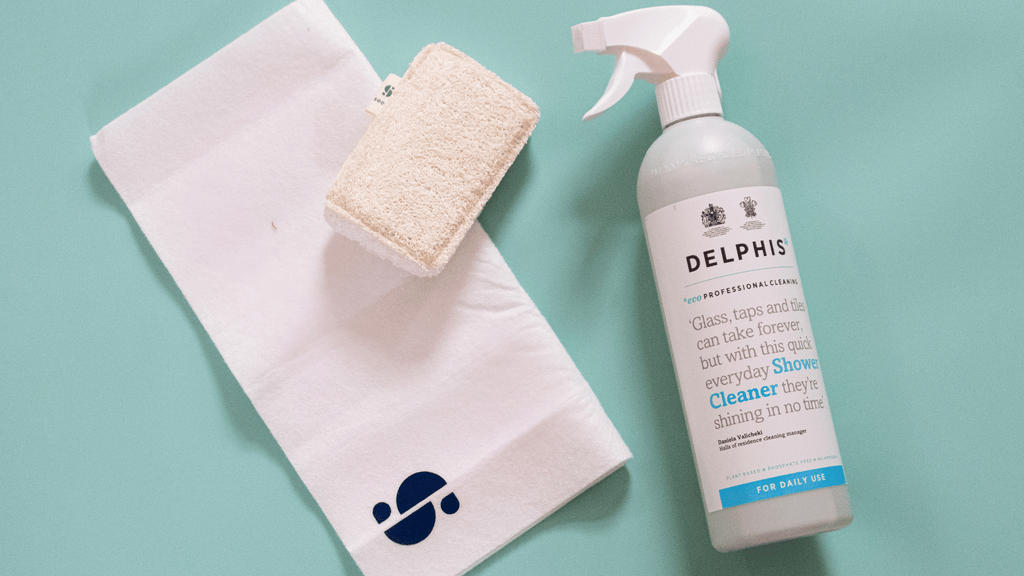Your next plastic-free swap with Seep

So hopefully by now, you’ve made a bunch of eco-friendly swaps. You’ve stopped buying plastic bottles and you’ve invested in a coffee keep cup. You’ve bought eco-cleaning sprays and have banned scrubs with microbeads from your home. You’ve even invested in some metal straws after seeing the video of that turtle with a plastic straw stuck up its nose.
However, there is one simple swap you can make alongside all of these - the kitchen sponge. Those innocent sponges you use to keep your house looking in tip-top shape are, unfortunately, probably made of virgin plastic and can’t be recycled. While they are not single-use, they are limited-use and are regularly thrown away. They are just so cheap!
On average, people in the UK change their sponges at least once every month, with some changing them after every use! Based on our quick maths, this roughly works out to around 600 million sponges being thrown away in the UK each year and that’s only from domestic use. So, imagine that being repeated across lots of different countries and in businesses too. That’s a whole lot of kitchen sponges!
Are kitchen sponges plastic-free?
The common sponge, found in the supermarket is made with polyurethane, a petroleum-based material. This means, along with releasing microplastics into the environment, those innocent-looking sponges are made from oil-based plastics too. Yuck! These types of sponges can’t be recycled, so throwing them away will pollute our oceans for years and years to come, ultimately making their way into our own food and water.
The ingredient list gets seemingly worse in that sponges that promise antibacterial benefits are usually treated with toxic chemicals like triclosan, a pesticide that’s been linked to cancer and skin irritation. This chemical is also toxic to most marine life and wreaks havoc on the environment.
How do you find alternatives?
Luckily, there are heaps of natural and plastic-free alternatives to sponges. Using materials like loofah, cellulose, and wood pulp, amongst others, means you can finally stop buying the nasty, plastic-filled ones we all know.
But wait? What exactly IS loofah (sometimes referred to as luffa?). Contrary to popular belief, all-natural loofah is not made from sea sponge or dried coral. It is actually made from a cucumber-shaped plant found in tropical climates.
Here at Seep, our natural cellulose kitchen sponge and scourer made from loofah fibers is:
- 100% plastic-free and does not degrade into micro-plastics
- 100% compostable and can be composted at home in a garden or kitchen composter. You can even chuck them into bokashi composters and wormeries.

Leave a comment